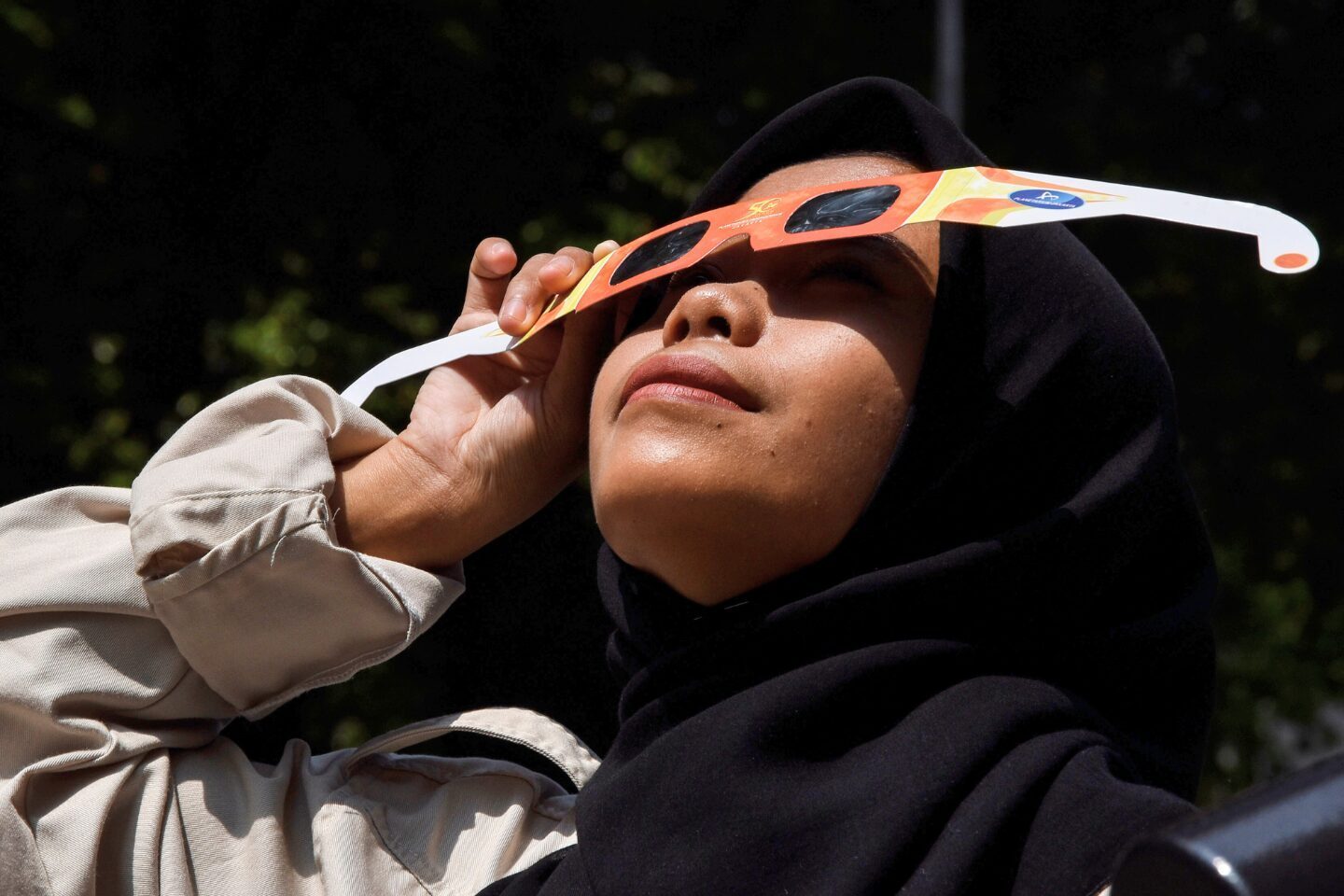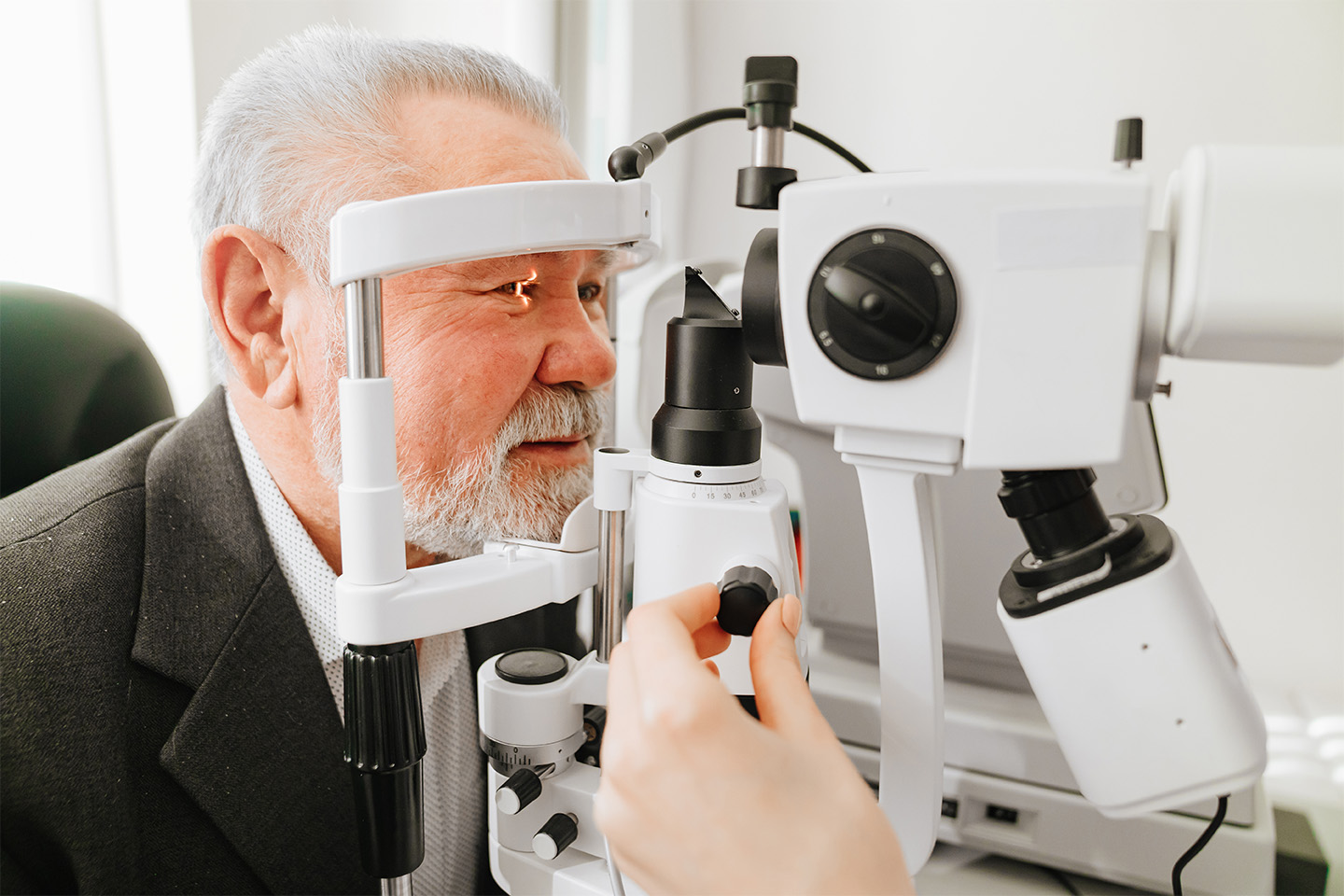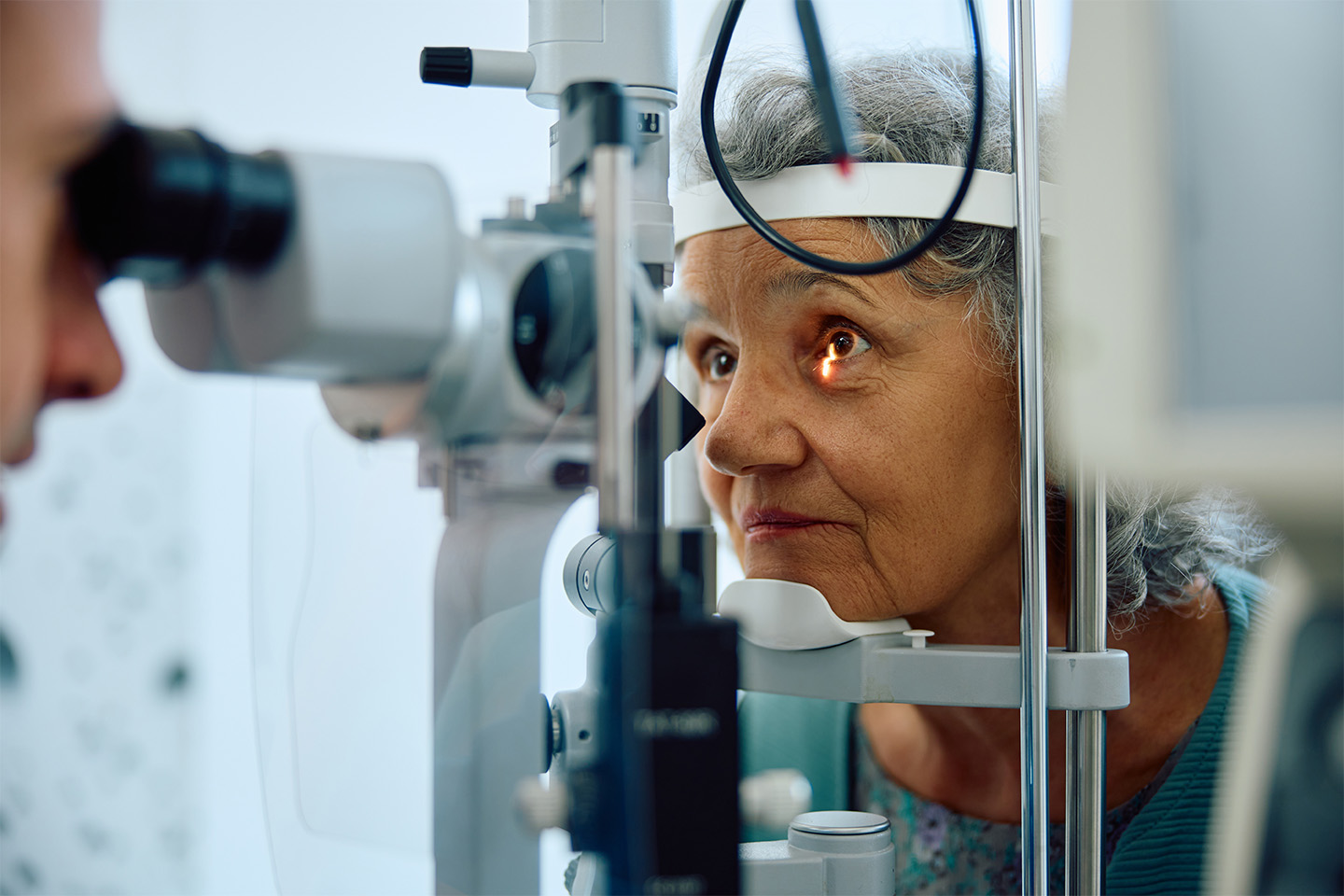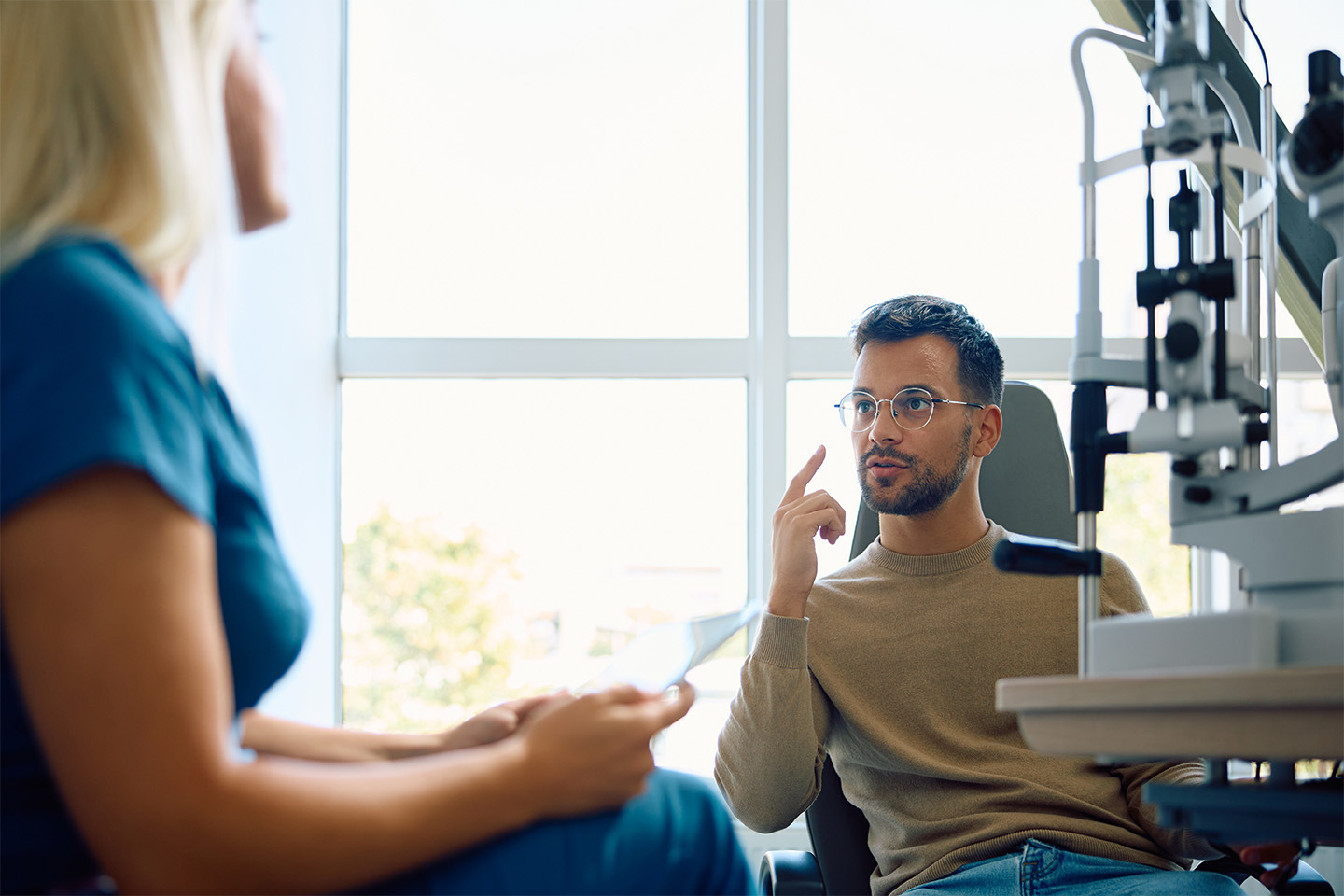How Artificial Intelligence Advances Eye Care in Texas
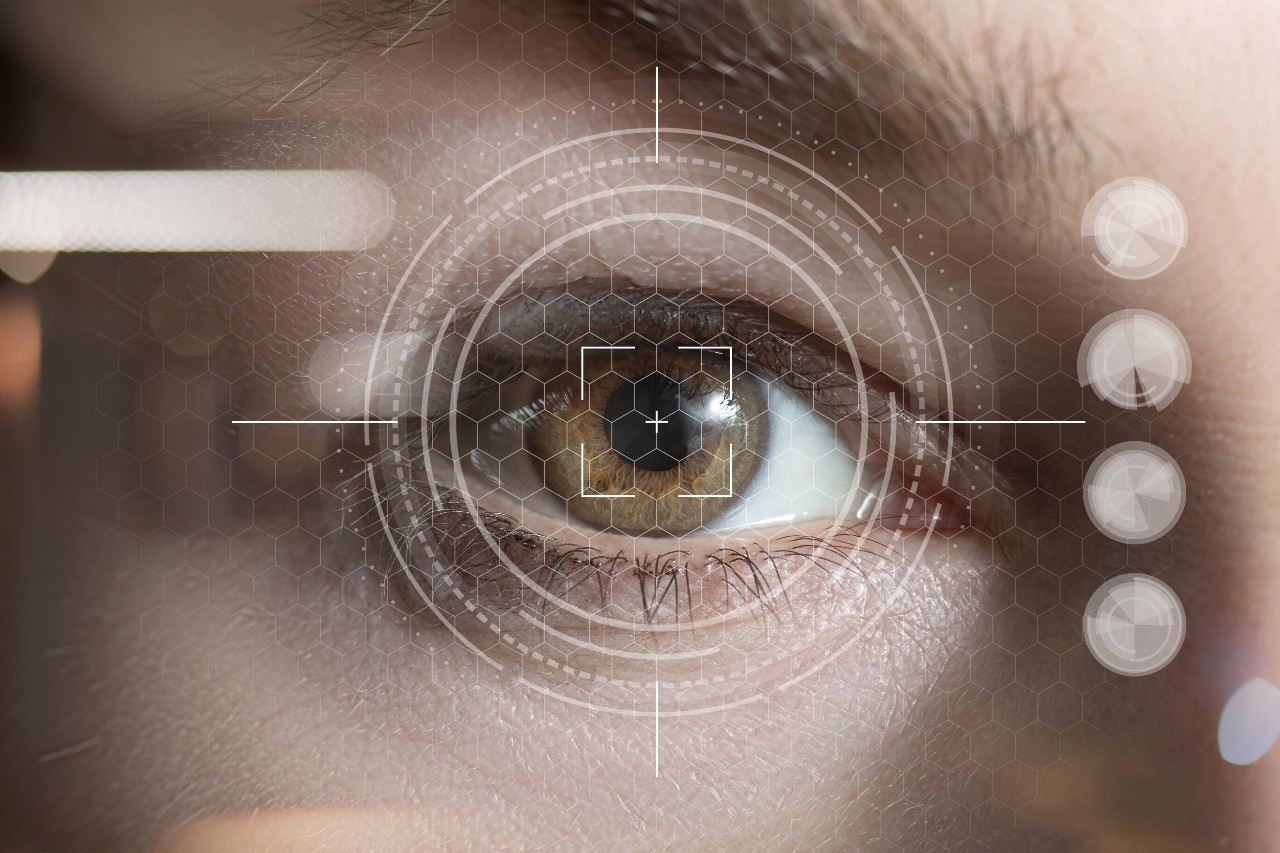
As technology continues to advance, our lives become more accessible and efficient. We’ve already seen drastic technological advancements that allow ophthalmologists to provide cataract and LASIK surgery in Dallas with astonishing accuracy. Artificial Intelligence (AI) shows even more promise in the early detection and treatment of common eye conditions to prevent vision loss and blindness.
What is AI?
You are already familiar with AI in your everyday life with applications like Siri and Alexa and even personalized streaming recommendations on Netflix. It’s also commonly used in healthcare settings, and the eye care field is no exception.
Although the movies portray AI as all-knowing cyber beings, that is not the case. AI is an algorithm that follows a set of rules to do tasks that typically require human intelligence. It learns from large data sets and applies the information to related situations.
For example, programmers will upload hundreds and thousands of eye scans that display variations of a single eye condition. The AI program will then learn how to identify the signs of this condition on an individual basis.
How Our Eye Care Experts in Dallas Can Use AI in the future
Detecting Diabetic Retinopathy
Diabetes is causing rapidly increasing cases of legal blindness. Unfortunately, 40% of diabetic patients do not receive yearly screenings and often go undiagnosed, causing preventable vision loss.
New FDA-approved technology, IDx-DR, offers 90% accuracy in detecting greater than mild diabetic retinopathy within 20 seconds. This technology does not require an eye care professional to interpret the results, allowing for diagnostics by a primary care physician who then can refer their patient to an eye care provider if retinopathy is detected. However, if you have already been diagnosed with diabetes, it is best to go ahead and schedule your annual eye examinations with your eye care provider.
Assessing Glaucoma
The AI technology used for early detection of glaucoma mimics that used for diabetic retinopathy. The program, Pegasus, identifies glaucoma with the same accuracy as an ophthalmologist. The program is currently still being studied, but may offer assistance in detecting glaucoma in more patients.
Specialized contacts are also currently being developed and may offer more accurate and detailed information about your intraocular pressure (IOP) beyond what can be seen during a short eye appointment. You will wear them for 24 hours, and AI-guided sensors will interpret and communicate the information to the eye care experts in Dallas.
Predicting the Development of Age-Related Macular Degeneration
DeepMind from Google is an AI program that predicts the development of age-related macular degeneration, which can be especially helpful in high-risk patients. DeepMind can also diagnose 50 other eye diseases with the same accuracy as a doctor. However, the program is not ready for routine use in clinics yet.
Supplementing Low Vision
Specialized glasses and phone programs analyze documents and surroundings to create an auditory experience that aids those with low vision.
The Benefits of AI in Eye Care
AI will optimize the diagnostic and treatment process for both patients and eye care experts in Dallas with these benefits:
- The ability to analyze images for early detection of ocular diseases
- Improves access to swift care with the potential for standalone kiosks
- More personalized diagnosis and care with increased accuracy
- Quicker screening times and results
- Remote diagnosis for those in rural areas without access to comprehensive eye care
Artificial Intelligence increases your chance of detecting or even predicting common eye conditions in Texas that can cause vision loss. These programs will work alongside our eye care experts at Kleiman Evangelista Eye Centers in Dallas to deliver the best results and most precise vision possible.



